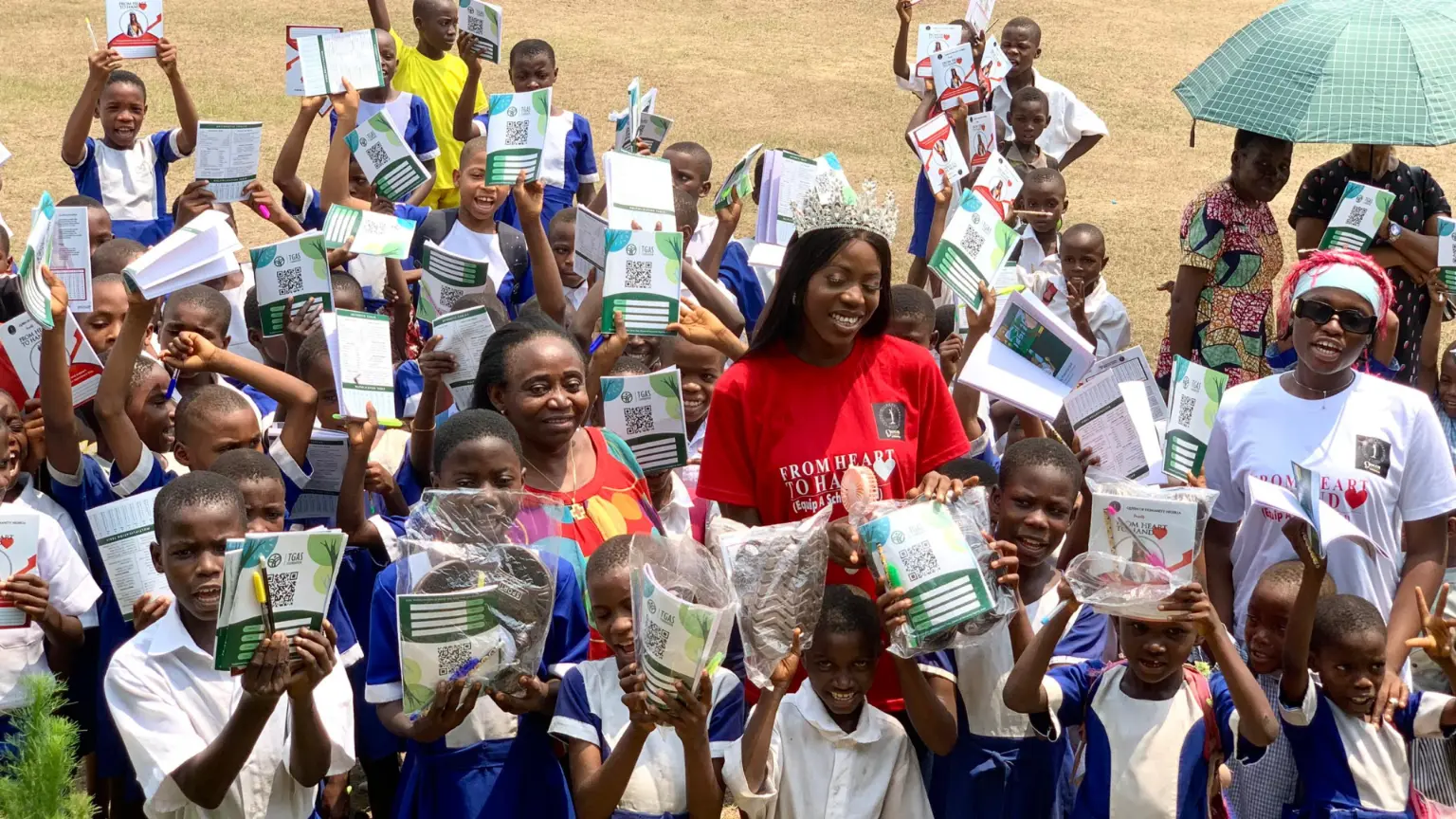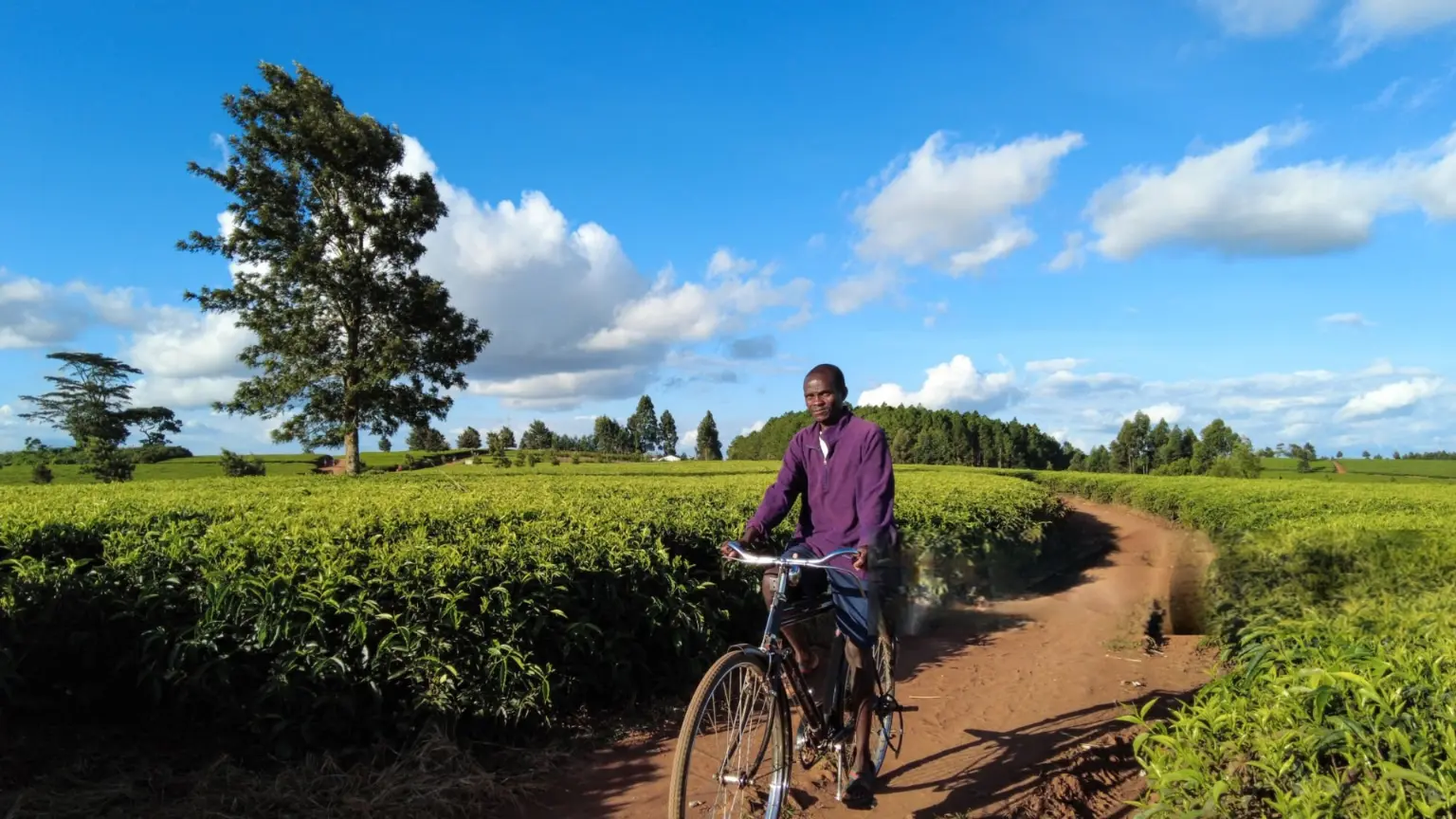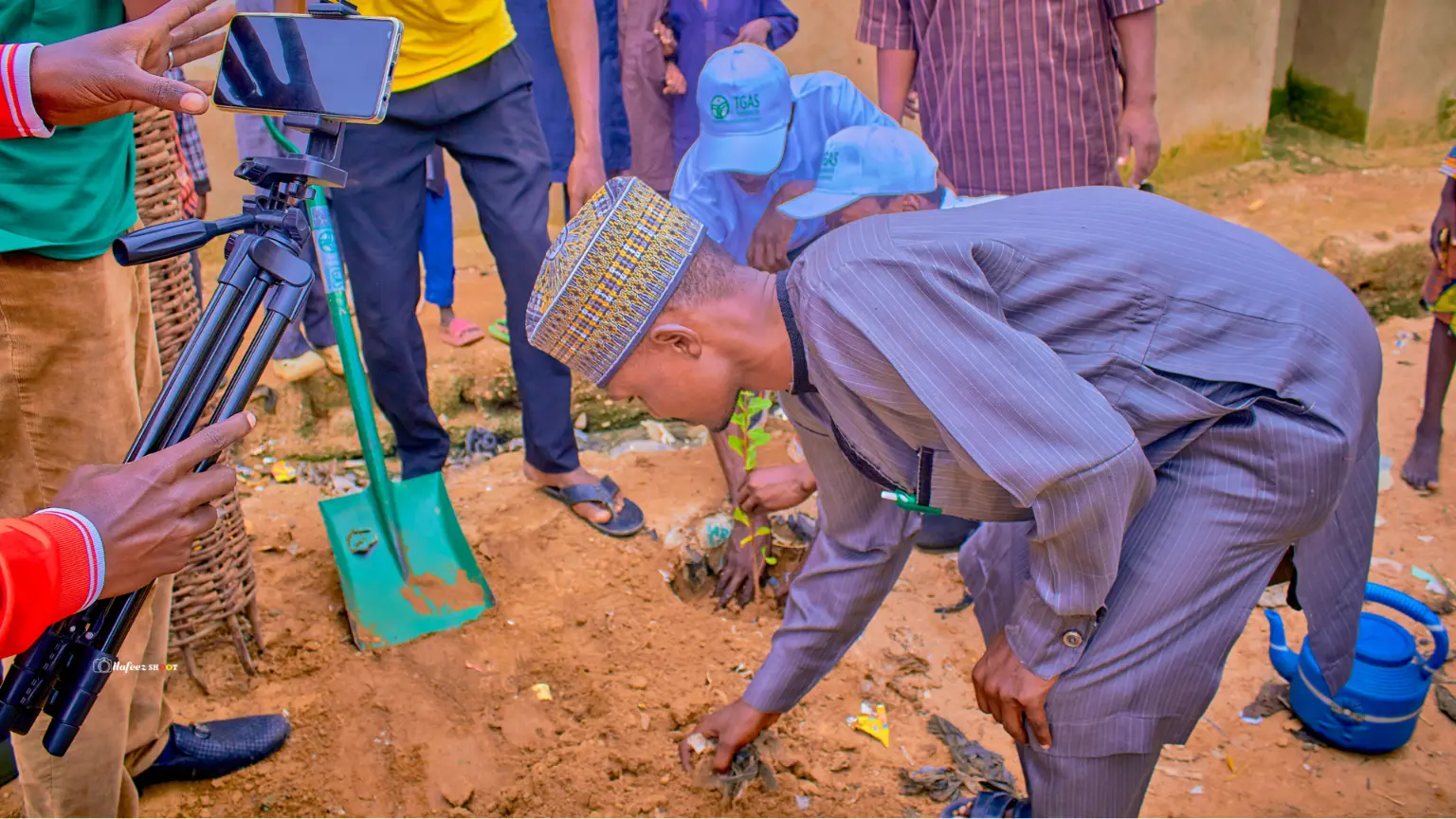Overview of the Initiative
The “Thalis Green Park (TGP)” initiative seeks to collaborate with local/state governments and individuals to provide land/space for creating green parks.
Objectives:
To create green recreational spaces that promote environmental sustainability and community well-being.
Statement of the Problem
- Environmental Issues: Lack of green spaces in urban areas leads to reduced air quality and limited recreational areas for communities.
- Social Issues: Insufficient recreational spaces contribute to poor physical and mental health among community members.
Proposed Solution
Through strategic partnerships and community participation, this initiative will establish sustainable green parks that improve urban living conditions.
Approach: Establish green parks in collaboration with local authorities and landowners.
Strategies: Identify and secure suitable land, and design and develop green parks with community input.
Activities:
Plant trees and greenery.
Install recreational facilities.
Maintain the parks for long-term sustainability.
Expected Impact
- Impact on Communities: Improved air quality, enhanced community well- being, and increased recreational opportunities.
Language Preservation:
Multilingual Signage: Install signs in the green parks that provide information about the plants and trees in multiple local languages. This can include the botanical names, local names, and their cultural significance.
Cultural Events: Host cultural events and festivals in the parks that celebrate local languages and traditions. This could include poetry readings, traditional dance performances, and storytelling sessions in local languages.
Environmental Impact: Creation of green spaces that enhance urban biodiversity and provide ecological benefits.
Success Metrics and Progress
Number of green parks established.
Community engagement levels and park usage.
Biodiversity improvements.
Regular reports on park usage and development.




